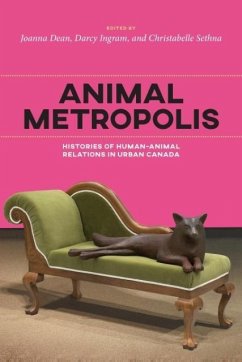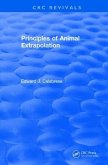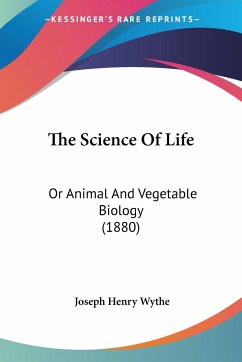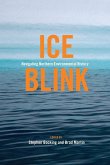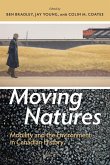Animal Metropolis includes a diverse array of work on the historical study of human-animal relations in Canada. In doing so, it aims to create a starting point for an ongoing conversation about the place of animals in historical analysis and, in turn, about the way issues regarding animals fit into Canada's political, social, cultural, economic, environmental and ethical landscapes. One of the most striking aspects of this collection is its capacity to present a wide variety of topics, sources and methodologies within a tightly focused theme. The sources employed in these articles cover a broad spectrum, from state and legal documents to the popular press, from corporate records and NGO reports to personal diaries, and from materials on industrial agriculture to those of the tourism industry. Even more compelling than the sources are the methodological issues that the collection raises. One of our key objectives is to highlight the sheer diversity of approaches historians are employing in their efforts to analyze non-human subjects that do not produce documentary records of their own. By focusing explicitly on urban contexts the book aims deliberately to cleave from a more obvious focus on wild animals and the wilderness environment that are so iconic to Canada. Readers will be impressed by the range of creatures, both domestic and wild: from horses and dogs to beavers and wolves to whales, fish, polar bears and captive elephants. Covering small and larger regions, and in some instances the nation as a whole, the collection offers impressive breadth in scope. Varying widely in the lenses through which human-animal relations are viewed, it brings to the forefront the contemporary as well as the historical dimensions of the issues it raises.
Hinweis: Dieser Artikel kann nur an eine deutsche Lieferadresse ausgeliefert werden.
Hinweis: Dieser Artikel kann nur an eine deutsche Lieferadresse ausgeliefert werden.

